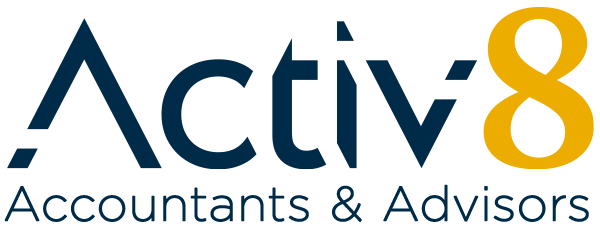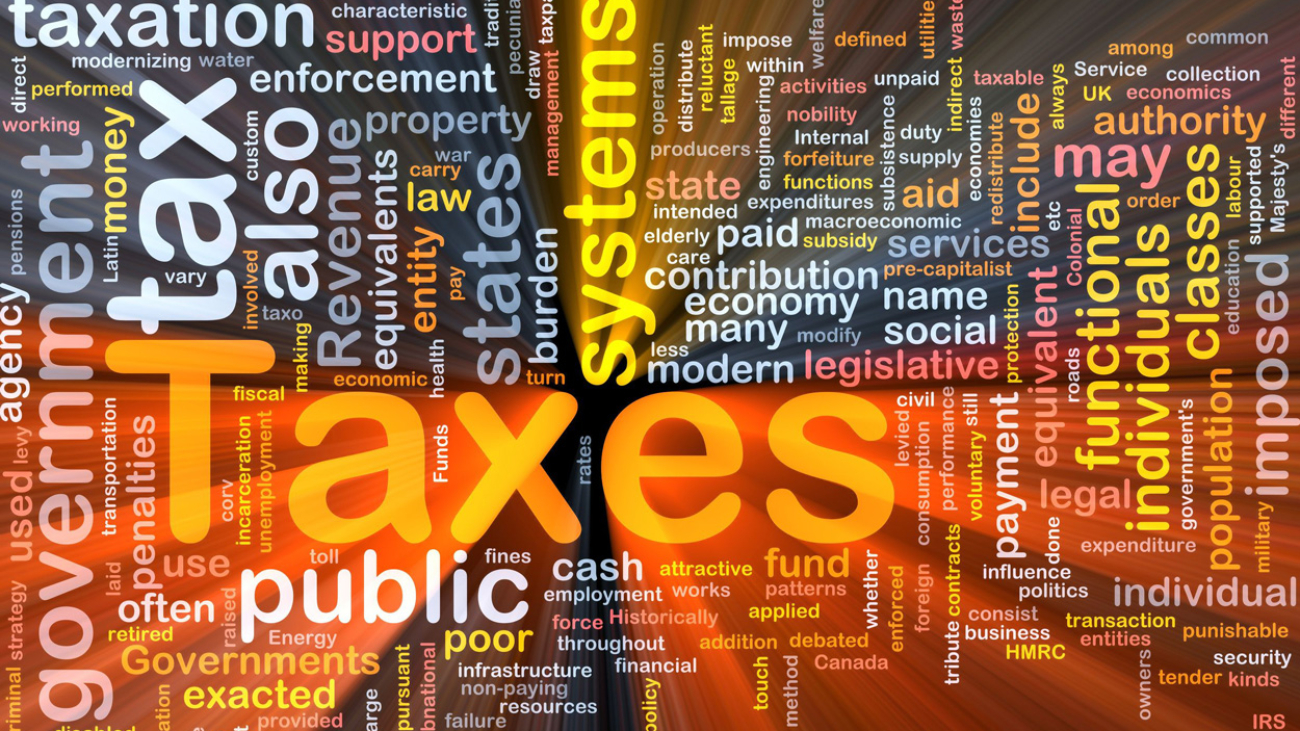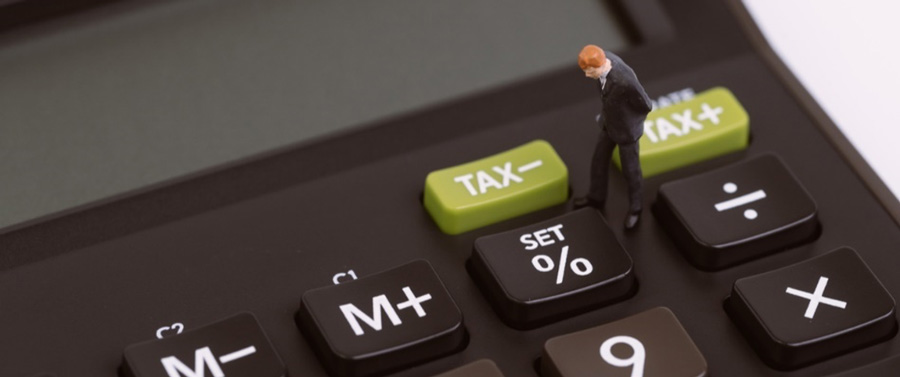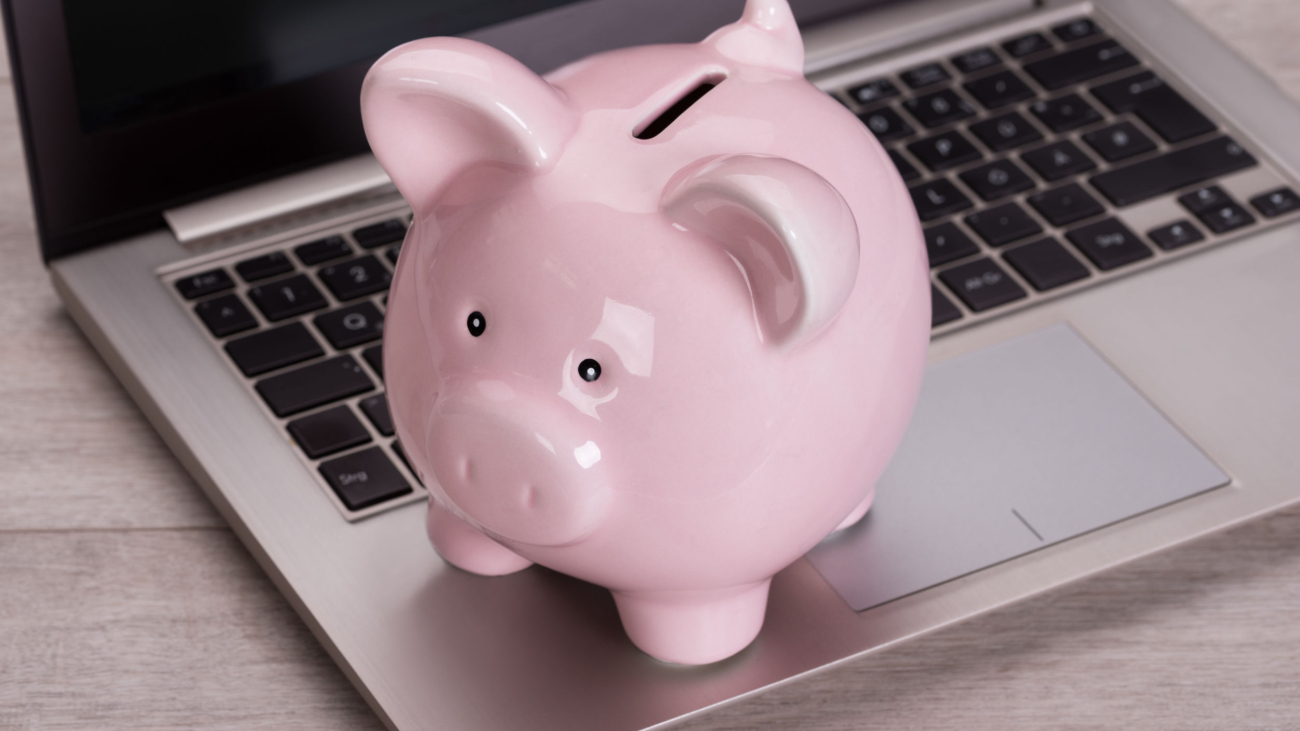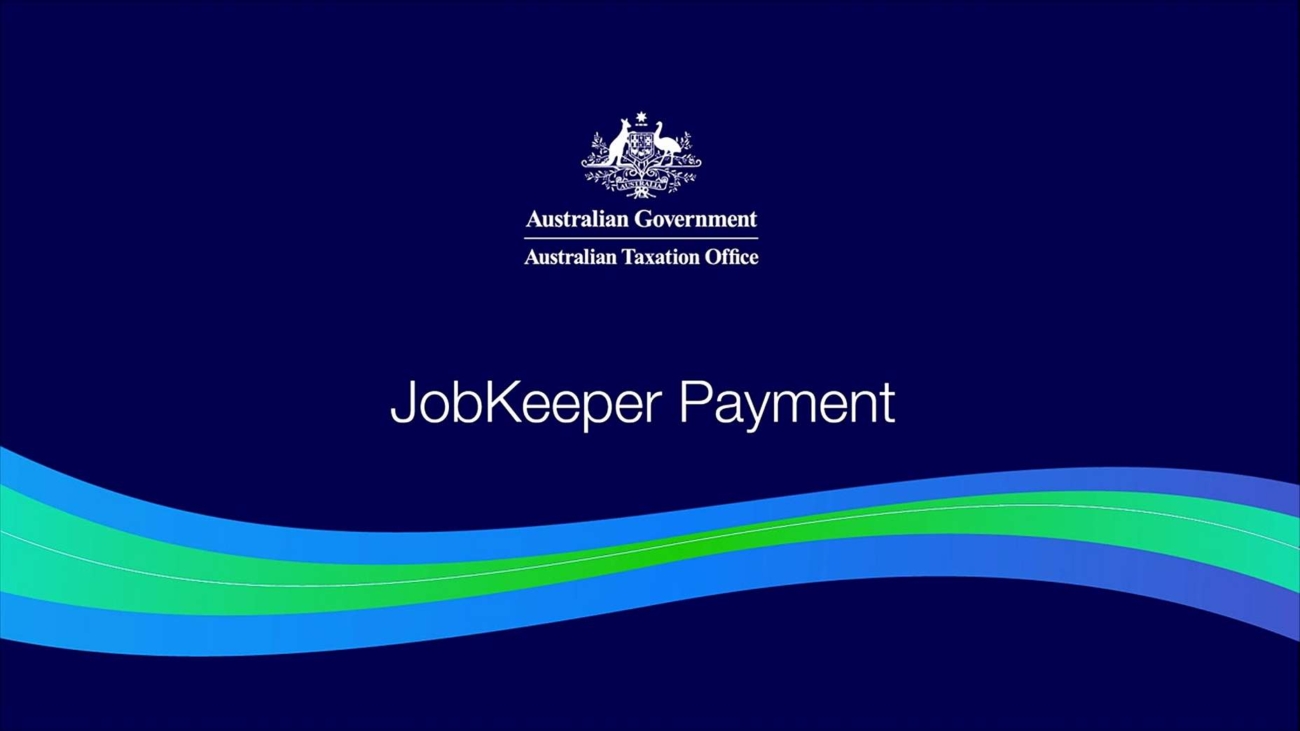Over the past 9 months, there have been numerous Covid-19 government support payments for business and individuals. A question we are often asked is how these are treated for tax purposes.
JobKeeper payments
JobKeeper payments received by individuals are considered taxable income. Your employer will report them to the ATO along with the tax they withheld. These payments will be part of your Payment Summary which will be available through MyGov. They may appear separately or as part of your salary and wage income. If you are a sole trader you declare the JobKeeper payments as income.
Businesses that received JobKeeper payments to help make up for a fall in turnover, will need to disclose these payments as part of the assessable income of the business for the financial year. It will be offset by the JobKeeper payments made to staff.
JobSeeker payments and the $550 Coronavirus supplement
Your JobSeeker payment and the $550 Coronavirus supplement are both taxable income and are included in your tax return. The ATO should automatically populate this information for you under the ‘government payments and allowances’ section in your tax return.
The $750 Economic Support Payment
This payment was made to Australians on lower incomes who were receiving some kind of assistance from Centrelink. It is exempt from tax and does not count as income.
Business Cash Flow Boost payments
The federal government cash flow boosts were delivered as credits in the activity statement system to small and medium businesses who employed staff. They are tax-free payments. You do not need to report or include them in your tax return.
State Government Grants
A government payment to assist a business to continue operating is included in assessable income. This will include assistance provided as a one-off lump sum or a series of payments. These include:
- Queensland COVID-19 adaption grant
- New South Wales Government Small Business COVID-19 Support Grant
- South Australian Government $10,000 Emergency Cash Grants for Small Businesses
- South Australian Government Job Accelerator Grant Scheme
- Victorian Government Business Support Fund
- Payments under the Northern Territory Government Small Business Survival Fund
- Northern Territory Government Business Improvement Grant
- Western Australian Government Small Business grant scheme
Electricity rebates
Some states and territories are offering households and some businesses automatic electricity rebates. These rebates are not included in assessable income. For a business, the rebate will reduce the deduction the business can claim for electricity.
Early release of superannuation
If you accessed part of your super under the COVID-19 early release of super payment, you won’t be required to pay any tax on the payment so you don’t need to disclose it in your tax return.
Still have questions? Feel free to reach out to the team at Activ8 Accountants & Advisors who will be happy to talk further.
